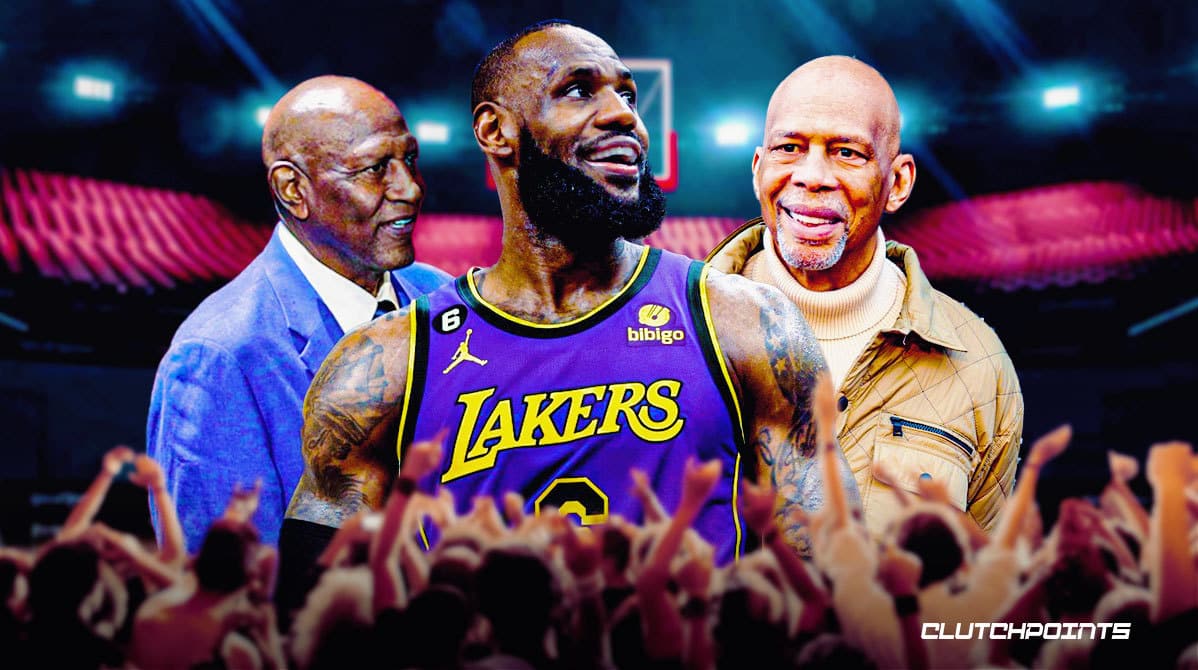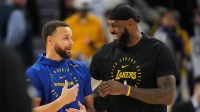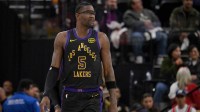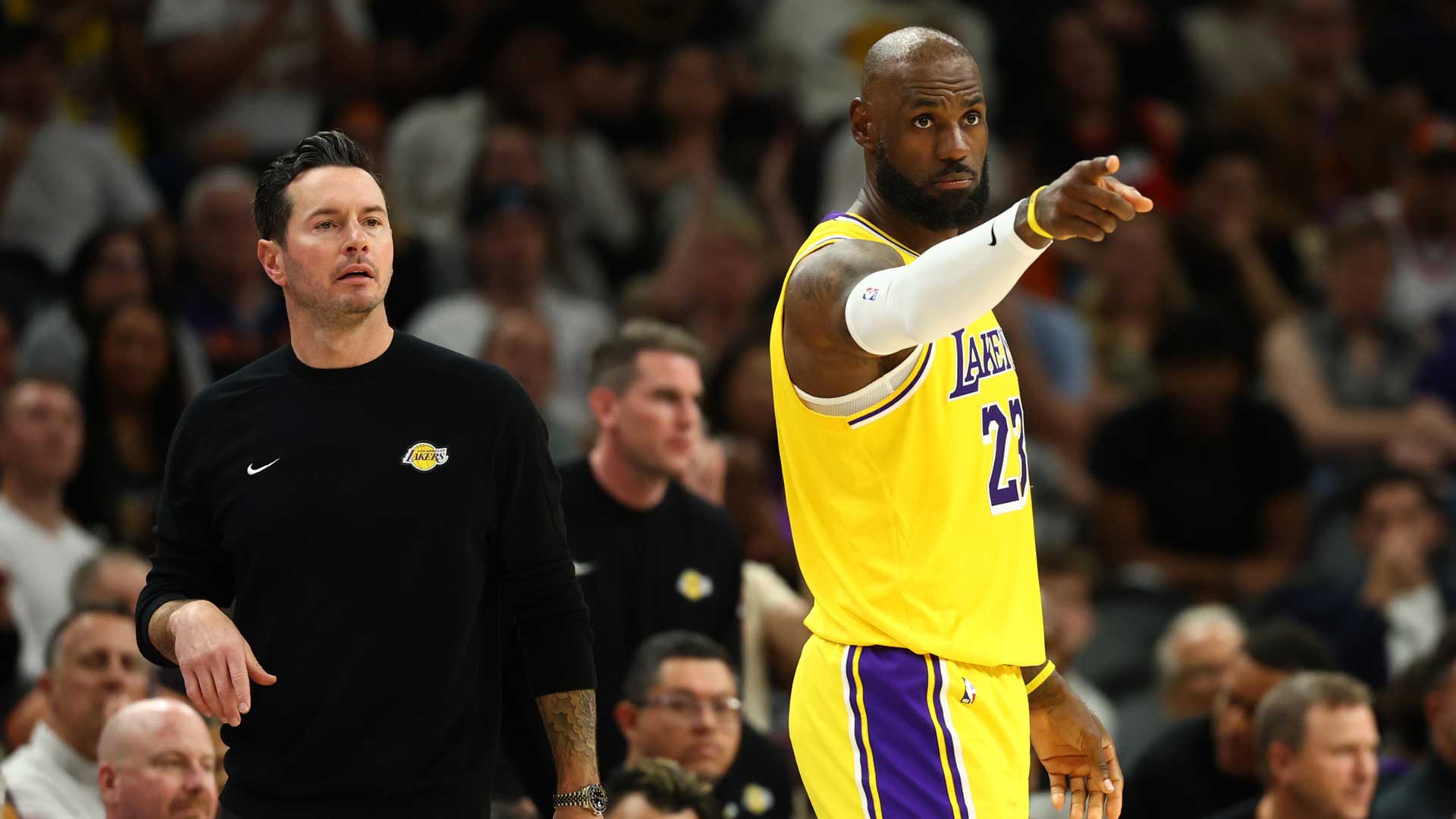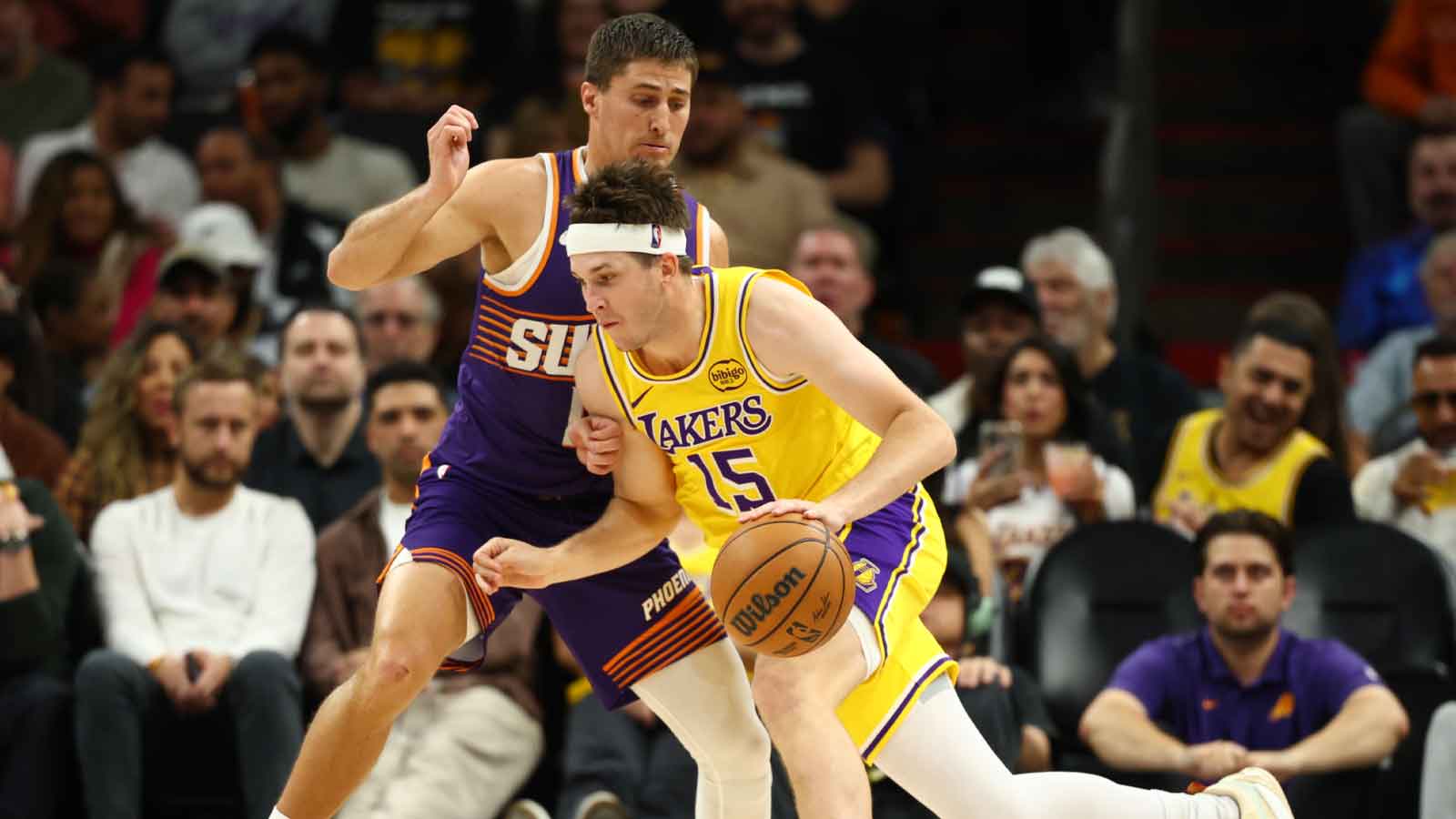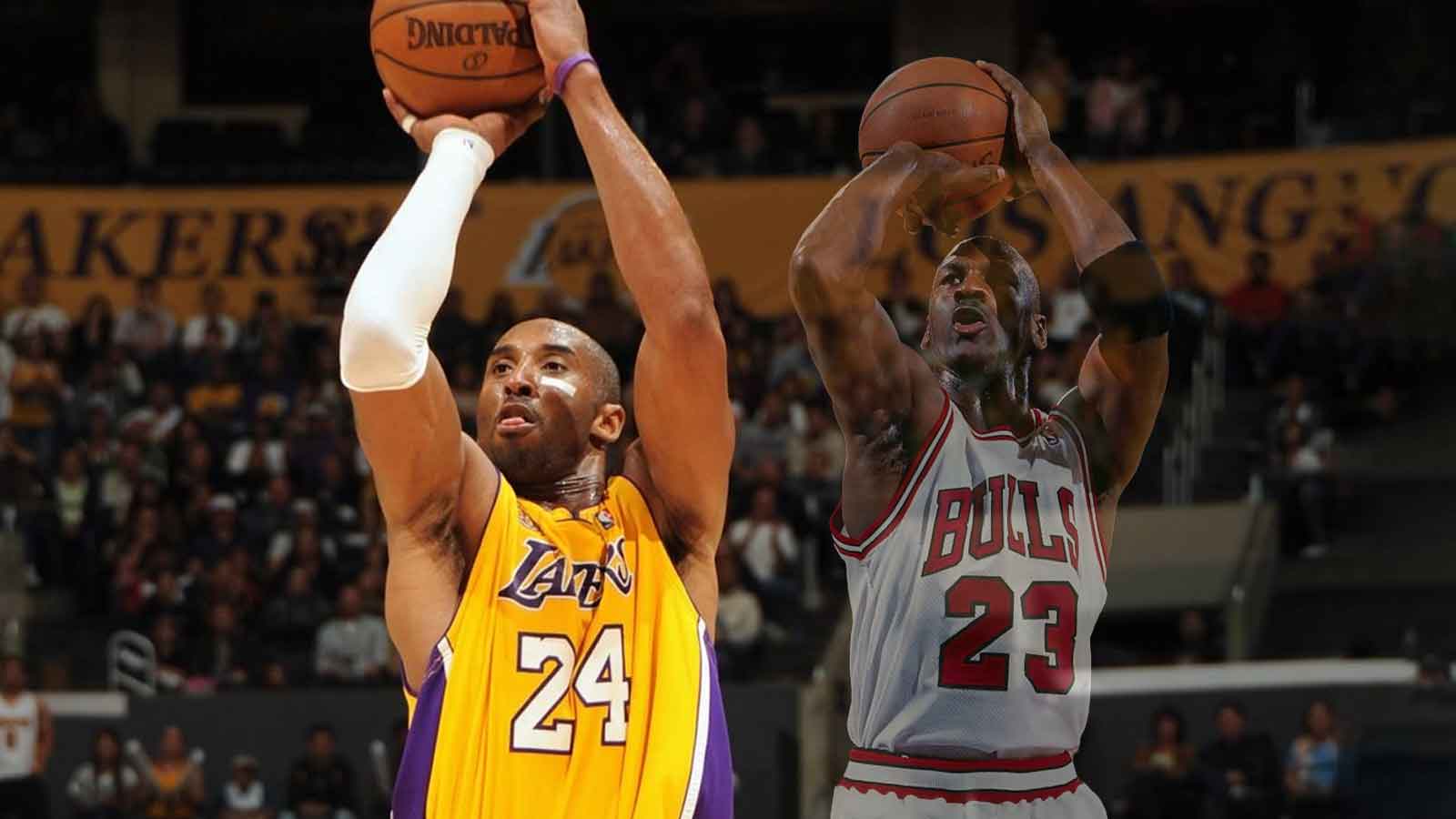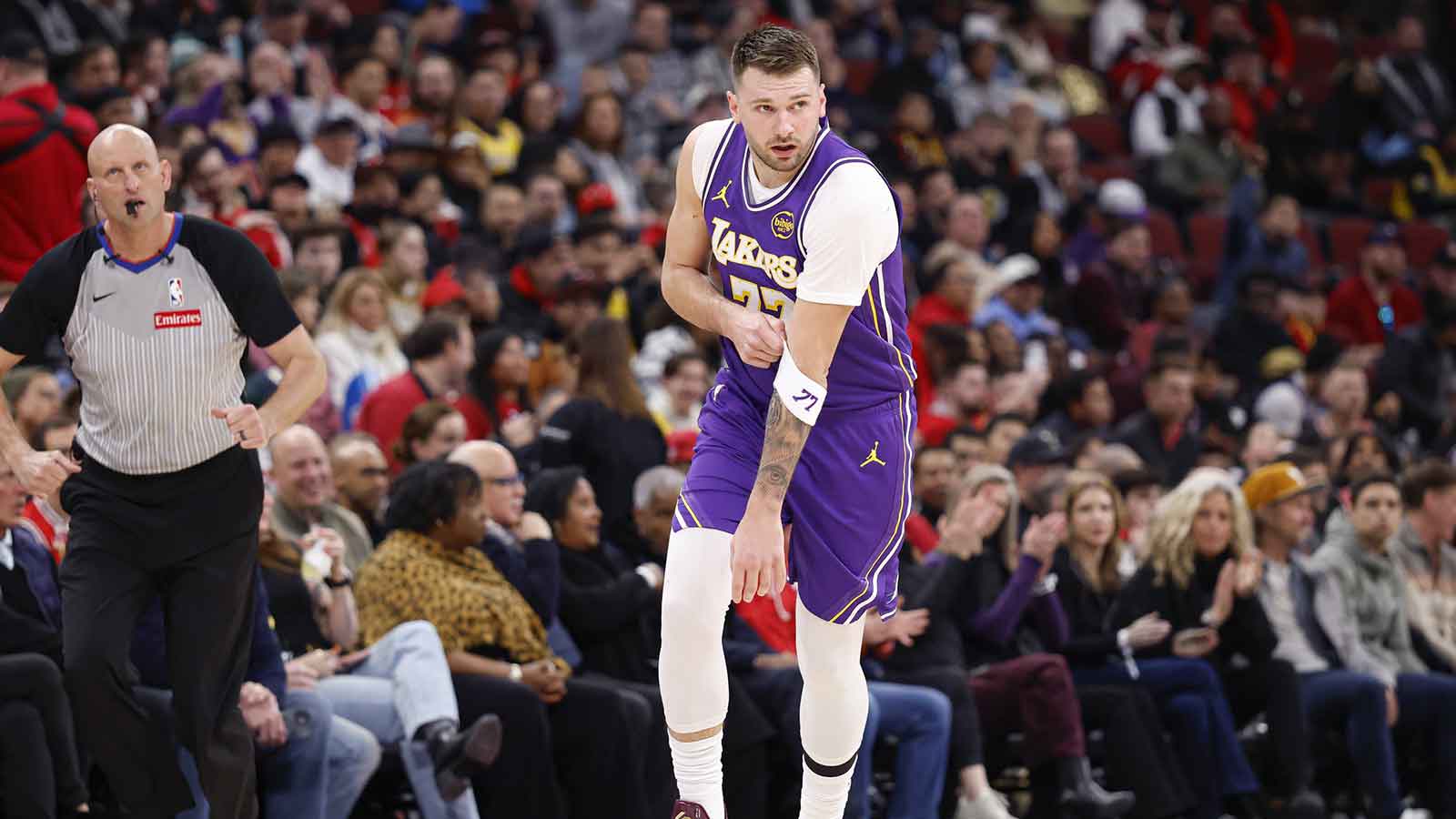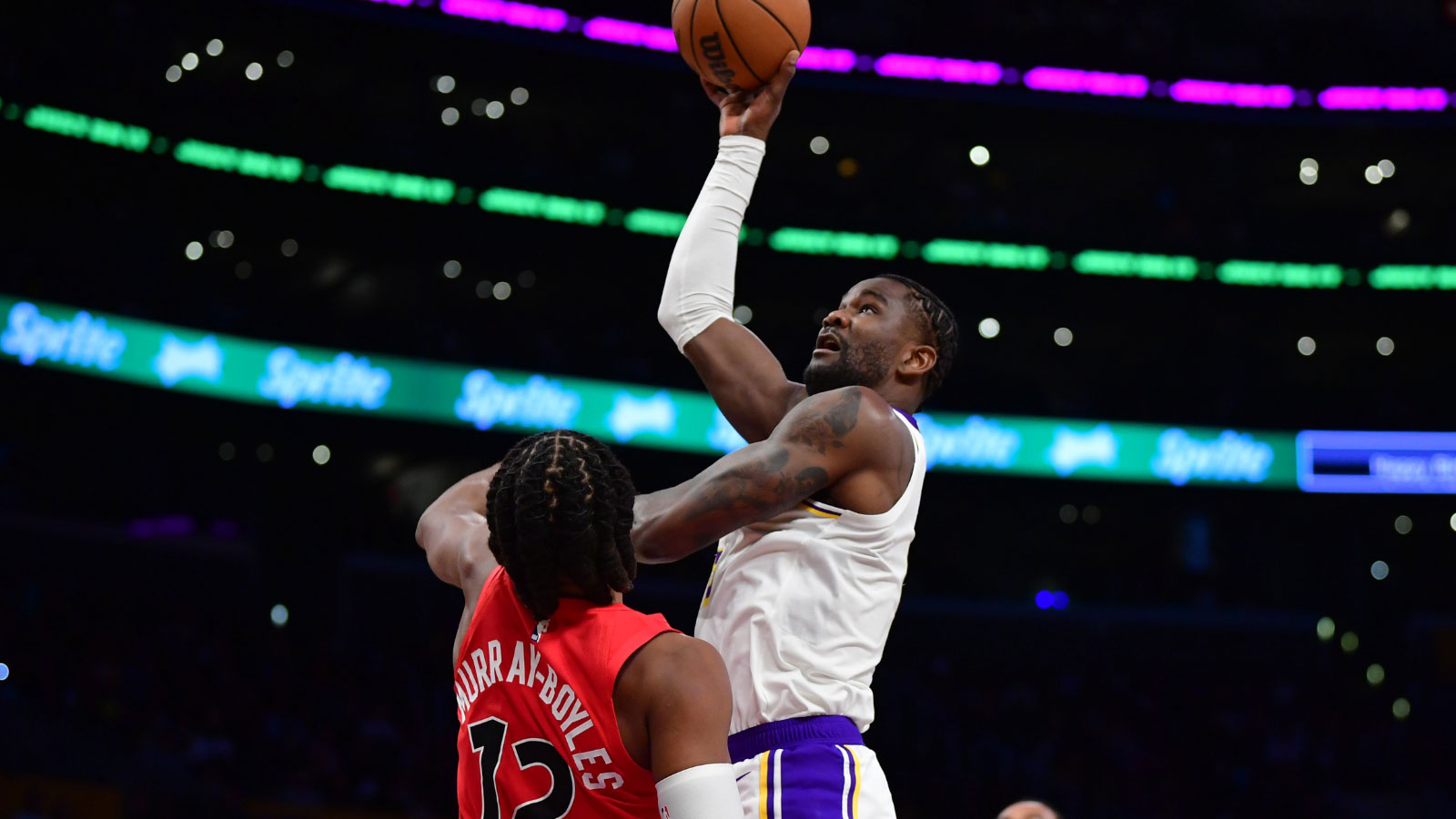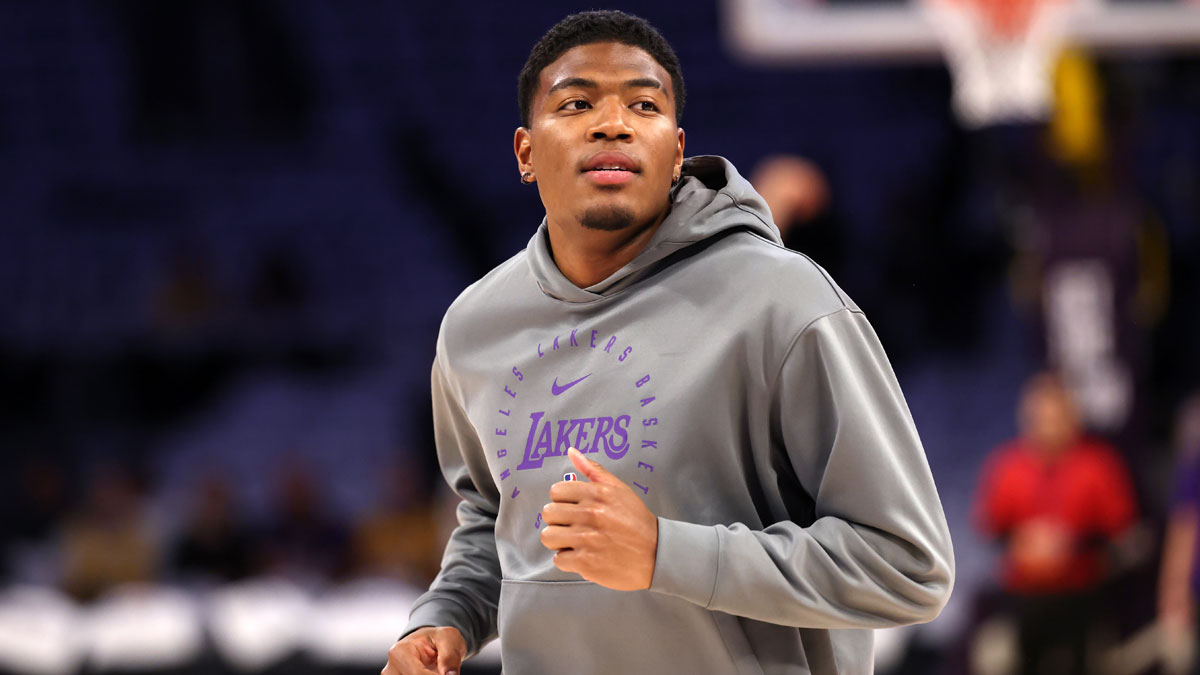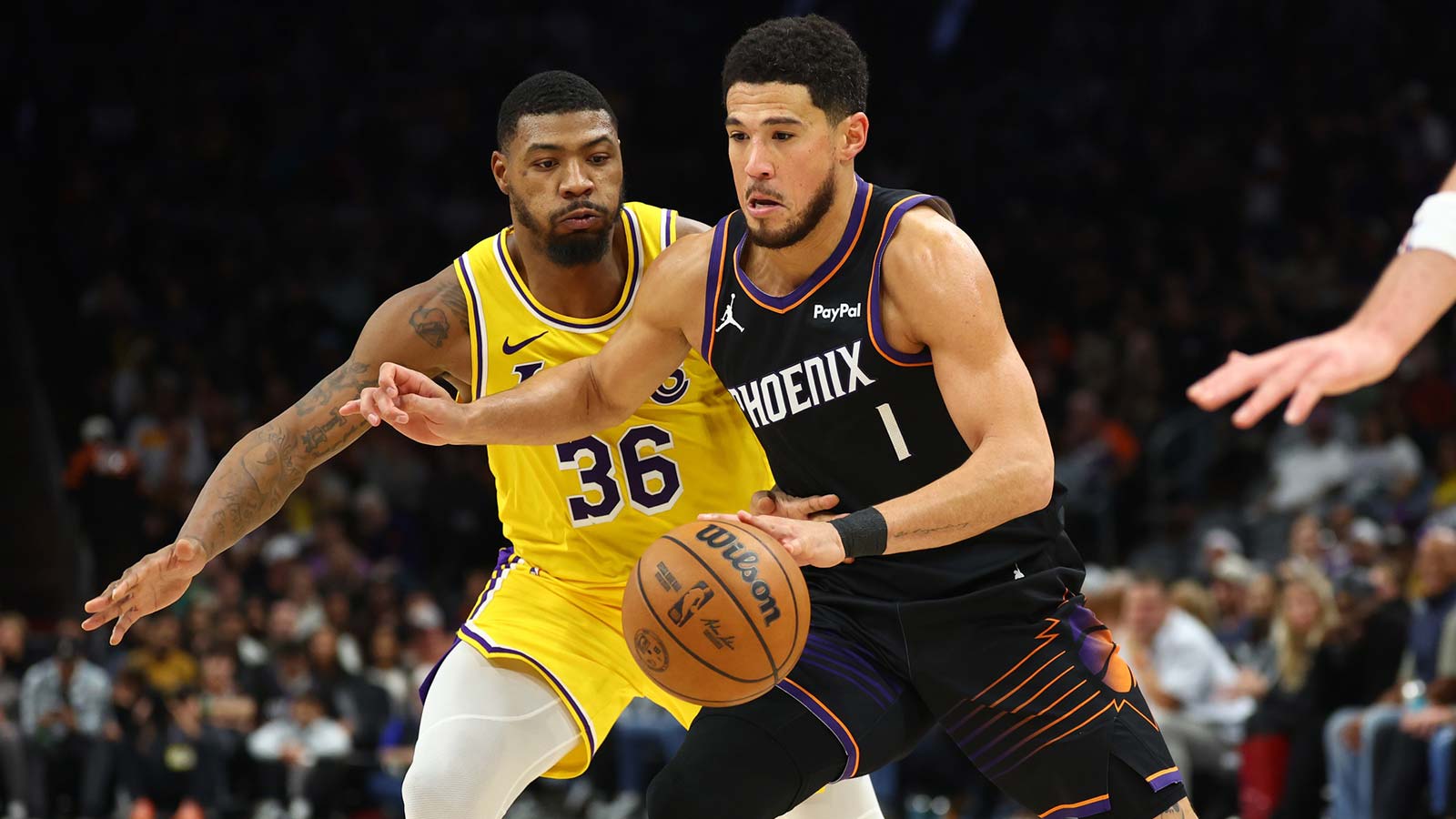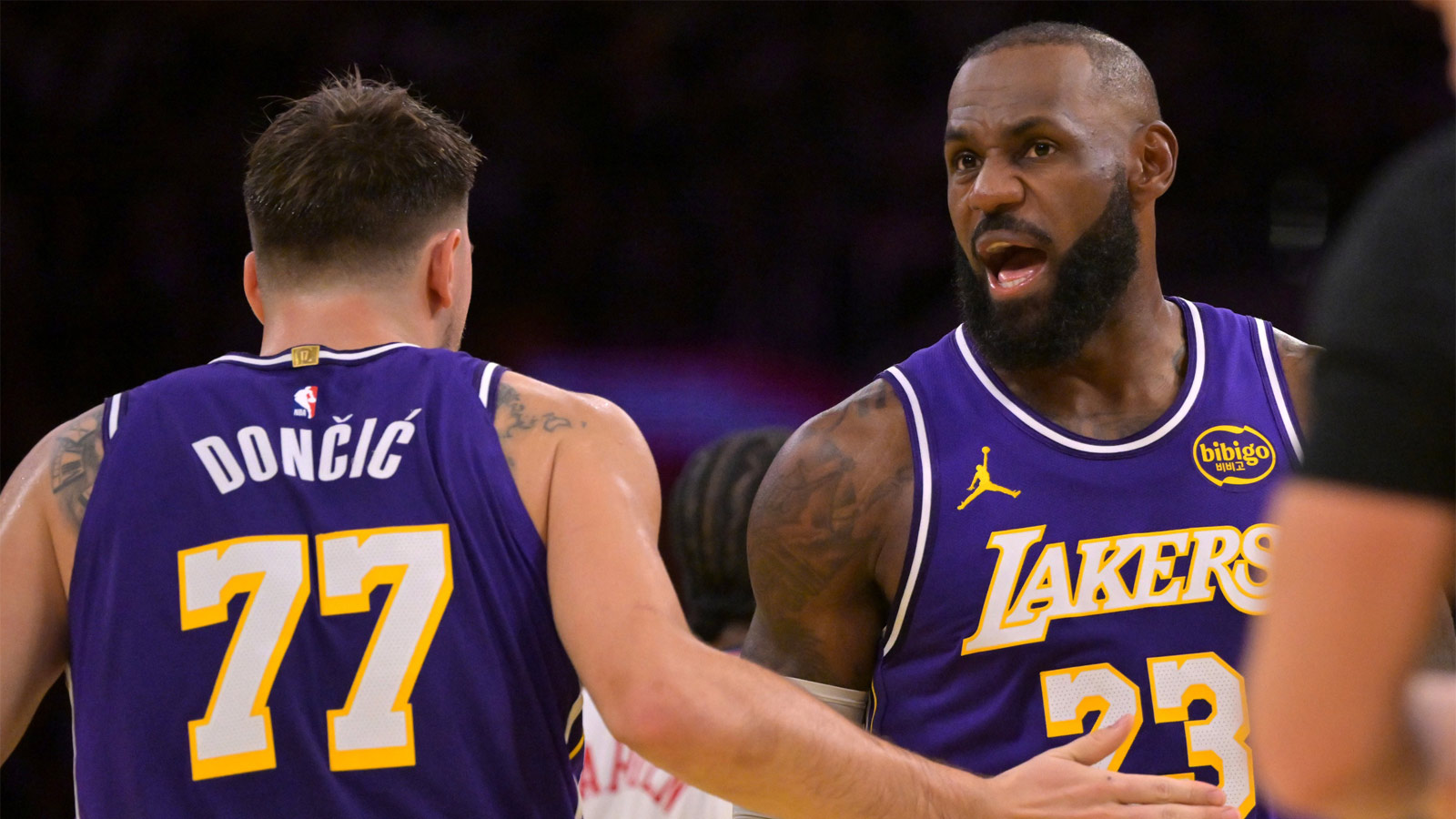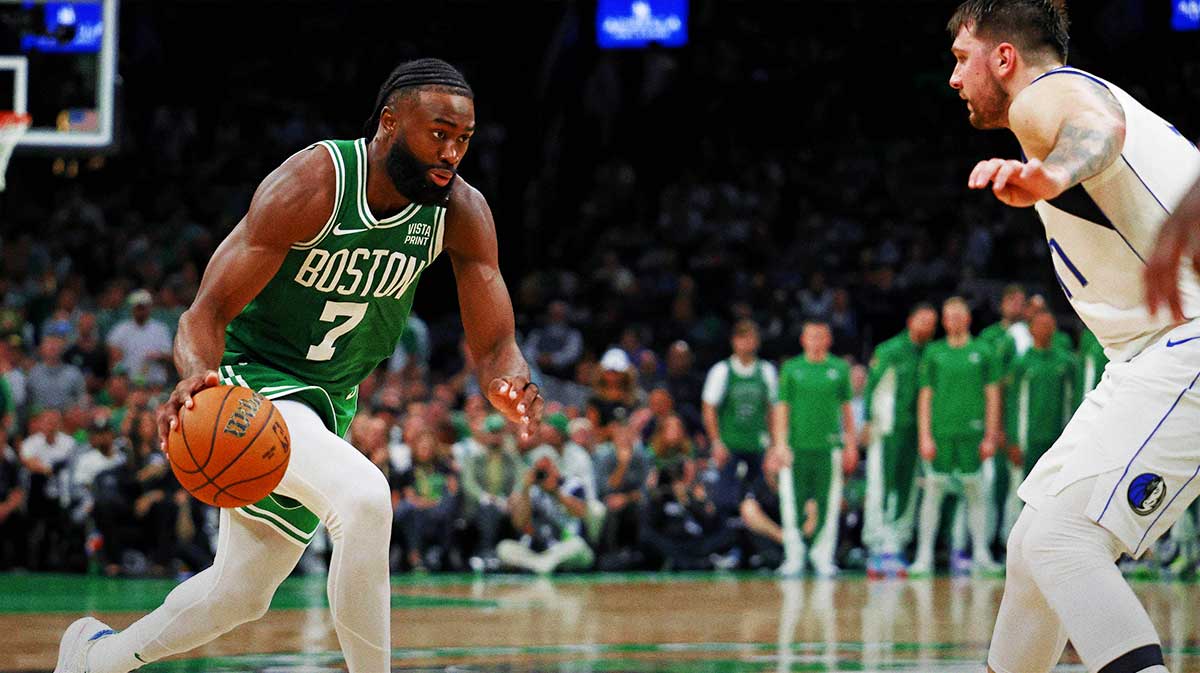When LeBron James broke Kareem Abdul-Jabbar’s NBA scoring record, he should have stopped to thank one man: Spencer Haywood.
The Hall of Famer is responsible for adding 8,439 points to James’ career total. Without Haywood, the Los Angeles Lakers’ superstar would be well short of the record.
Abdul-Jabbar, himself, even jokingly blamed Haywood’s groundbreaking court case for James overtaking him. Haywood, though, is a Hall of Famer not often talked about in modern NBA discourse. That needs to change.
Spencer Haywood’s Meteoric Rise
Born in Silver City, Mississippi, Spencer Haywood and his family made just $2 a day. “It ain't no silver, and it ain't no city,” Haywood told ClutchPoints. “So it's just cotton fields.”
While his mother worked in those cotton fields, since money was tight, Haywood moved to Detroit when he was in high school. There, he won the state championship — the city’s first in 35 years.
A few years later, the 1968 Olympics put Haywood on the map. Big names like Kareem Abdul-Jabbar, Wes Unseld, and Elvin Hayes all couldn’t play, so Team USA looked to a junior college player: Spencer Haywood.
Not only did he lead Team USA to a gold medal, he also led the Olympics in scoring. On the podium, Haywood remembered the overwhelming emotions that hit him.
“I could only think that four years ago I was picking cotton for $2 a day, and today I'm standing on this podium as the MVP and have a gold medal on my neck,” Haywood recalled. “So all I could do was just break down and start crying.”
After the Olympics, Haywood transferred to the University of Detroit, where he averaged 32.1 points and 22.1 rebounds per game. His performance in college and the Olympics caught the attention of the entire basketball world.
Haywood soon turned his sights on professional basketball. But according to NCAA rules, he would be forced to play two more seasons before playing professionally. With Haywood’s mother still making poor wages, though, the American Basketball Association (ABA) created a “hardship clause.”
At the time, the ABA and NBA were competing for top talent. The ABA had just missed out on Kareem Abdul-Jabbar and couldn't risk whiffing on another potential superstar.
“[The ABA] was getting ready to go out of business unless they could usurp the four-year rule from college,” Haywood described. “Before I came along, you had to wait four years after your high school class had graduated, and then you would be eligible for the NBA.”
Even though the ABA had a similar rule, because of their hardship clause, the league was able to sign him. The ABA got their superstar, and Haywood could earn a living. It seemed like a win-win.
In the ABA, Haywood put up gaudy numbers with the Denver Rockets. He averaged 30 points and 19.5 rebounds per game, ending the season with both MVP and Rookie of the Year honors.
Though while the ABA paid him, the real money was over in the NBA. A lot of Haywood’s contract in the ABA was deferred and wouldn’t pay out until he reached the age of 50. So after one season, he looked to the ABA’s main competitor, the NBA.
How Haywood Fought The NBA
In 1970, Spencer Haywood signed with the Seattle SuperSonics. But there was one problem: the NBA’s eligibility rules still stated that Haywood couldn't play. As a result, the NBA hit him with a lawsuit that wouldn’t allow him to be on the court for the Sonics.
Sonics owner Sam Schulman, coach Lenny Wilkins, and Haywood decided to fight back. They filed their own antitrust lawsuit against the NBA to create a hardship clause, just like the ABA had done.
The case went all the way to the Supreme Court. Except, as was the trend throughout Haywood's journey, there was another problem: the NBA wouldn’t allow him to play games while all of the legal proceedings were going on.
“I walk out on the floor and I’m feeling pretty great,” Haywood recalled. “And the announcer said, ‘Ladies and gentlemen, this game is being played under protest, and we have an illegal player on the floor.’”
For the next 10 games, Haywood would try to play, but get sent home — often without warning. Once, in Cincinnati, he was kicked out of the arena entirely and forced outside into the snow. According to Haywood, he would’ve frozen to death, had it not been for a police officer who put Haywood in his car to keep him warm.
In the span Haywood wasn’t allowed to play, he would often hang out with one of his good friends: Sonics ball boy Rick Welts — the same Rick Welts who would become team president of the Golden State Warriors for 10 years.
Ultimately, the Supreme Court upheld Haywood’s decision to challenge the NBA, and the league’s eligibility rules changed forever.
Over the years, it has been amended and revised, but the overall principle still stood: basketball players no longer have to go to college for four years to be eligible for the NBA.
As a result, NBA players in the past 50 years have had additional years of playing in the league — which added to their salary total. In fact, Haywood noted that if you add up all the extra money players have earned from leaving high school or college early to go to the NBA, it equaled $35 billion.
But wait, there’s more. The extra career years added on from the NBA’s new rules resulted in an increase in stats. Kareem Abdul-Jabbar’s scoring record, for example, went unbroken for 38 years.
But when LeBron James came to the NBA straight out of high school in 2003, he had four extra years of his career that Abdul-Jabbar didn’t have. Abdul-Jabbar attended UCLA before Haywood’s court case, and he spent four years in college before he could enter the NBA. He made his NBA debut at 22 years old. For reference, when James was 22, he already had 8,439 career NBA points to his name.
Several days after James broke the record, Abdul-Jabbar and Haywood sat together courtside to watch a game. According to Haywood, Abdul-Jabbar jokingly nudged him and said, “[James] wouldn’t have broken the record, if it wasn’t for you.”
Haywood’s impact, though, isn’t just seen on the hardwood.
Haywood's Impact And Legacy
As the former chairman of the National Basketball Retired Players’ Association, Spencer Haywood fought for health care for all retired players. He had some help from some big names in the NBA.
“Steph Curry, LeBron James, Kevin Durant, Money [Draymond] Green. All of those people helped us to get health insurance, when all of our players were dying because we had no health insurance,” Haywood recalled. “It’s hard to imagine that. You’re making all of this money but you don’t know that the old heads who need hip replacements, heart valves, and different things — we had no health insurance.”
Haywood helped them achieve that goal, and today, all retired players from the league receive health insurance.
It’s a name all NBA fans — young or old — need to know. He has changed the landscape of the league over the past few decades, whether the players know it or not.
To help tell his story, a dramatized movie about Haywood's life is currently being made. The film, which Haywood is a part of, will tell the story of career and his battle with the league that changed the NBA forever.
While his achievements may be unknown to many of today’s younger fans, Haywood remembered something that LeBron James once asked him.
“You never tell the story,” LeBron James told him, referring to Spencer Haywood’s life story. “You're always trying to help somebody else. Why don’t you tell us the story?”
Now, finally, he is.

